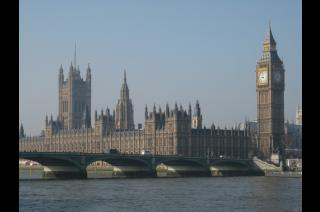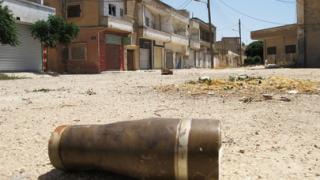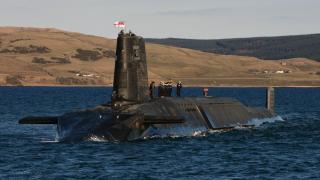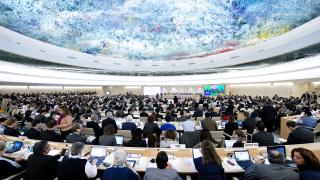UNA-UK's report, "Keeping Britain Global" makes the case that Britain needs to champion global values, and invest in the health of our international system andmakes reccomendations across five key areas where we believe the UK can make a useful contribution at a global level, and where we feel Britain’s willingness to take action will provide a fair and appropriate test of Britain’s support for the rules-based international order. This is what we have to say about:
UN Peacekeeping
UN peacekeeping represents one of the most effective and proven methods for developing and maintaining global peace and security. Recently, appalling acts committed by a minority of peacekeepers have bought peacekeeping into disrepute, but its value remains considerable.
The United Kingdom has a commendable track record on UN peacekeeping. The UK has for some time been one of the largest financial contributors, and used to be one of the largest contributors of troops. Troop numbers have been smaller in recent decades, but last year the UK pledged to double its total number of peacekeepers with a deployment of 370 troops to Somalia and South Sudan.
However, the UK is able to play a greater role. Its military is the fifth largest in the world by spending, and it has a relative lack of other active deployments, meaning there is capacity for the UK to contribute more troops. Yet the United Kingdom provides less than one per cent of the UN’s total uniformed personnel. This represents a missed opportunity.
A revised approach to peacekeeping would help achieve a more meaningful contribution. Since the UK’s doctrine for peacekeeping missions was replaced by a NATO document in 2014, there has been no formal document in which the UK puts forward a distinct rationale and approach to UN peace operations. While the absence of any specific rationale for peacekeeping weakens the ability of the Ministry of Defence to generate forces for UN missions. A formal statement on the UK’s approach would help add clarity.
Such a move would support the increasingly complicated world in which peacekeepers operate. The nature of UN peacekeeping is changing considerably and future missions will require not just sufficient numbers of troops but troops of sufficient quality. The UK has at its disposal armed forces well suited to provide peacekeepers with the experience, discipline and rapid deployment capabilities that future missions will require: adaptable forces trained to deliver overseas engagement and capacity building, specialist logistical units, and units such as the Royal Marines and the Parachute Regiment with an unmatched ability to cross rough terrain.
Beyond committing troops, the UK can look to champion the ideas that will be needed to make peacekeeping fit for the 21st century. Missions need to be designed with the people of the conflict-affected area at the centre, and with a willingness to robustly implement measures to protect them. Greater transparency is needed over what caveats and restrictions countries place upon the troops they deploy. And accountability mechanisms should be established to ensure that peacekeepers guilty of sexual exploitation and abuse do not go unpunished.
Having not contributed significant numbers of troops in recent years, the UK must demonstrate sensitivity and caution in advancing these agendas with other countries that provide troops, but as the UK re-develops its expertise and credibility in peacekeeping it should look to act as an exemplar.
Recommendations
The UK should:
- Articulate a distinct rationale and approach to UN peace operations
- Ensure that the policy and practice of the new UK deployments in Somalia and South Sudan showcase ‘people centred’ peacekeeping and the robust implementation of a ‘Protection of Civilians’ mandate, including by demonstrating transparency when it comes to the caveats attached to troop deployments
- Consider how it can strengthen peacekeeping at the UN with an emphasis on improving the UN’s rapid response capacity
- Lead calls for victim-centred accountability mechanisms to ensure peacekeepers guilty of sexual exploitation and abuse do not go unpunished





